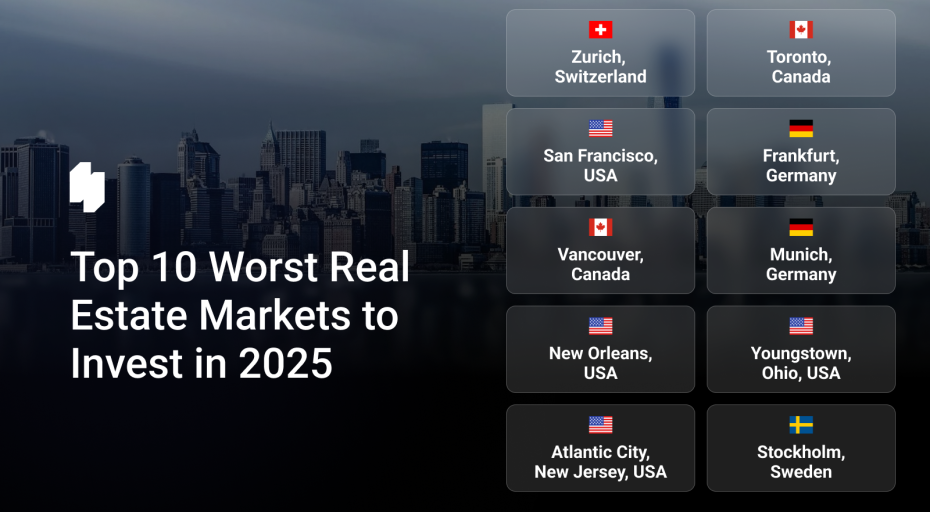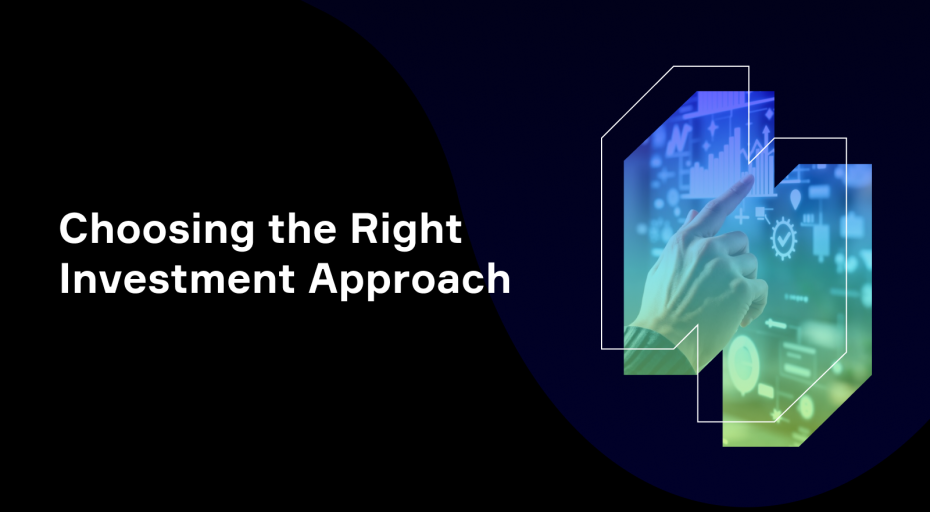Lithuanian Ambassador to Belgium: We are Fintech Capital of Europe not by Words, but by Deeds (exclusive, video)
“…If a large state wishes to conquer a small one, the small state is doomed. However, if another large state wants to conquer that same small state, the small state has a chance to survive: larger powers will do anything to prevent each other from advancing and in that lays the fortune of smaller nations…”
The Glass of Water: or, Effects and Causes
Eugène Scribe, 1840
It wasn’t divine whim that led Lithuania to what it is today ‒ a fintech powerhouse giving France and Germany a run for their money. The steady progress the country was making since gaining independence from the Soviet Union in 1990 can be seen with a naked eye, and there are reasons for that: Lithuania’s treasure was always the right people, geography and relentless political will for change.
Indeed, there isn’t a single former Soviet Republic-turn sovereign country that didn’t get a communist apparatchik as its head of state once the dust had settled after the USSR breakup. However, Estonia and Lithuania were led into the new era by intellectuals such as Lennart Meri (Estonia) and Vytautas Landsbergis (Lithuania). The immediate and overwhelming support by the EU and the US that never recognized these small states as part of the Soviet Union and always saw them as a forepost in a raging battle against communism was an influential factor as well. And of course, let’s not forget that the Grand Duchy of Lithuania was one of the main cogs of North-Eastern Europe for six centuries for a reason: it’s perfectly positioned as a sea-land layover for the most attractive trading routes from Scandinavia and Northern Europe to the rest of Eurasia.
By the end of the 90s the “Baltic tigers,” as Latvia, Estonia and Lithuania have come to be known, have mostly wrapped up their all-encompassing economic and social reforms to liberalize the market, formulate their own monetary policy, and create the right conditions for small and medium-sized business. The EU was waiting with open arms, and in 2004 Lithuania became a member. That was the time when the young Lithuanian economy was learning to utilize the untapped potential of unused capital, battle unemployment, create new products, access new markets and shape up the country’s labor force. That was the time when the today’s fintech wunderkinder were saying goodbye to high school and hello to Oxford, Paris, Heidelberg, Ghent, Amsterdam, Dublin and other educational hubs ready and willing to embrace the new generation of the European economic thought.
Today, Lithuania’s fintech ecosystem is growing so rapidly that this tiny country with as many people in it as in Brooklyn on a hot summer weekend, is grabbing all the headlines in the financial press. To list all the tech majors that have found their way to Lithuania lately is a futile effort. Let’s just say that this vibrant nation uniquely conducive to free enterprise eagerly breeds startups like Bankera, Smartlands, Savy, Universa Blockchain, and manages to create favorable conditions for whales like IBM, Google, AIG, Western Union, and NASDAQ.
How can that be? How can Lithuania sit on both chairs and have the ability to accommodate representatives of all facets of fintech easily without friction or destructive competition?
Google “Gediminas.” The first thing that the Lithuanian Grand Duke who founded Vilnius in the 14th century did was to write letters to all neighboring princes offering his hand in friendship and business. Fast-forwarding to today, young Lithuania is number 8 out 25 European states ranked for economic freedom. According to the World Bank, it’s 21st out of 191 countries on the “Ease of Doing Business” index. And, in its Global Competitiveness Report, the World Economic Forum places Lithuania 35th globally. That’s got to tell you something.
Following its neighbors’ e-residency policy, Lithuania has practically opened its borders to the rest of the enterprising world informally inviting businesses from Ukraine, Belarus, and Russia to change jurisdiction. Many were happy to take advantage of this opportunity to get away from their respective countries’ business impediments. The tax incentives that Lithuania and the rest of the Baltic states give to startups are unprecedented in the rest of the world, as a result, Lithuania hosts the lion’s share of all IT companies in the region. It only takes three days to start-up a business here, and there are over 600 young fintechs that call Lithuania home; the number of jobs created by them is in the tens of thousands (for a nation of mere 2.9 million it’s no small game).
However, it would be a gross unfairness to discount the intellectual property, the human resources, and the infrastructure that Lithuania inherited from the Soviet Union that knew how to feed with one hand and punish with the other one. But not every post-Soviet government had managed to preserve and embrace this heritage. Lithuania, on the other hand, having fully realized that meditech, laser technology and bioscience that were thriving under the Soviet regime are the country’s bread and butter even today, had created an alliance between scientists, business and government to turn Lithuania into a European hub for innovations by 2020. Agencies like Enterprise Lithuania and MITA (Agency for Science, Innovation, and Technology) are managing close to €1 billion in government funds to ensure that the plan remains a viable roadmap.
And at the helm of all this is the Bank of Lithuania. After the 2008 turmoil, we’ve all come to think of banks as enemies, and not without reason. But with its highly effective policies, the BoL had shown us what it would be like if banks were not mere profit machined for the 1% but an actual agent of change endowed with governmental power and the people’s trust.
It takes a week (less, in some cases) to acquire an e-money and a payment institution license in Lithuania. Lithuania is the only jurisdiction in EU that allows smaller banks with registered capital of €1m to receive a special-purpose license. Lithuanian citizens are part of SEPA (Single Euro Payment Area), which enables them to avoid service fees at any European bank, and so on. The country has an excellent IT infrastructure and low cost of living. It boasts remarkable ease of doing business and places like Vilnius Tech Park and Vilnius Blockchain Centre are continuously hosting awesome talent form all of Europe and CIS. Or, to put it short and sweet as Rita Kazragienė, Ambassador of the Republic of Lithuania to Belgium and Luxembourg, does, “we’re considering ourselves regional leaders in fintech for the Nordic and Baltic regions, and we do it not by words, but by deeds.”
To sum up, even with such vexing shortcoming as a lacking public education system in Lithuania (the Ministry of Education claims that it’s on track to increase the funding for IT-related programs by 25% in 2019), its favorable regulatory environment, progressive eurocentric business-oriented government policies focusing on innovation, the country’s tremendous talent pool and phenomenally low cost of doing business (as an example, office space is literally twice cheaper in Vilnius than in Berlin) are all clear indication that, even though it might just be too early for Lithuania to take on the California Behemoth, it’s perfect for virtually any pan-European business to spread its wings and see if it can fly.






